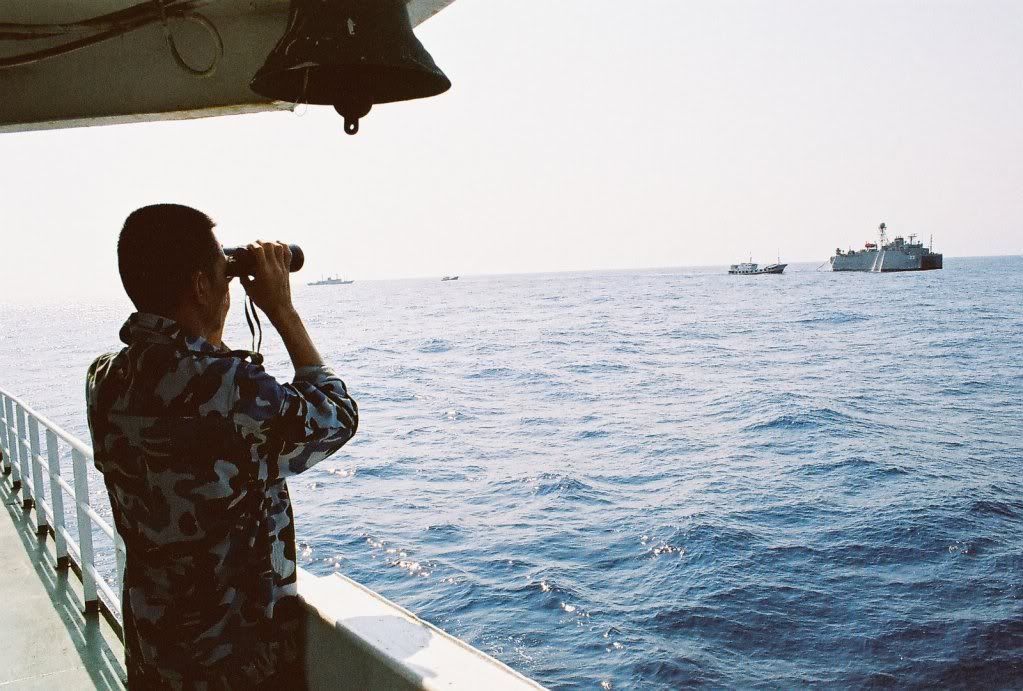bigstick61
Junior Member
You've just summed up the issue with the US and it's foreign relations. On one hand, you expect China to obey UNCLOS rules with a country that actively chose not to be a part of (not ratifying). Then, when there is a rule in the UNCLOS that negatively affects the US, you call it bunk and say since the US did not sign it, they don't need to obey it. Article 88 has simply identified the US as the aggressor with their non-peaceful activity. If you deem it unrealistic, it's just the same to deem expecting a non-UNCLOS participant to be given UNCLOS treatment as unrealistic too.
It is not unrealistic in the least. China signed UNCLOS and is bound by its provisions. The U.S. by its own laws recognizes claims made under UNCLOS, but it does not voluntarily abide by the other parts of UNCLOS which extend beyond claims made by nations, and it is not legally bound to them, because it is not a signatory/ratifier. Nonetheless, it still legally enjoys all of the benefits/rights in EEZs of other nations, because all nations are granted them in UNCLOS, not just those which have ratified the treaty. That's just how the law works. China signed UNCLOS and it is bound to obey it, even when it comes to dealing with non-ratifying nations.
If China wanted to make claims beyond what UNCLOS allows, it should have never ratified UNCLOS. By doing so, they have put legal constraints upon their actions. Simply put, the U.S. made the smart choice and the Chinese the wrong one when it came to UNCLOS. The U.S. is strong enough where it can make the claims UNCLOS allows, and probably a bit more, without having to be a party to the treaty, and can still enjoy all of the benefits of the treaty, without ratifying it.
Whether it was strong enough when it signed the treaty, it is strong enough now for it (China) to not be a party and still enjoy the benefits, while still being able to make at least some claims beyond what UNCLOS allows. This would require withdrawing from the treaty, but I doubt the Chinese will. I think this incident demonstrates how not being a party to UNCLOS is in the best interests of the Chinese. But nonetheless, for now it is a party to the treaty, and is bound to obey it, regardless of whether it likes it or not. This fact destroys the premise of the argument the Chinese are making, and because of this, such facts render the entire Chinese argument fallacious.



